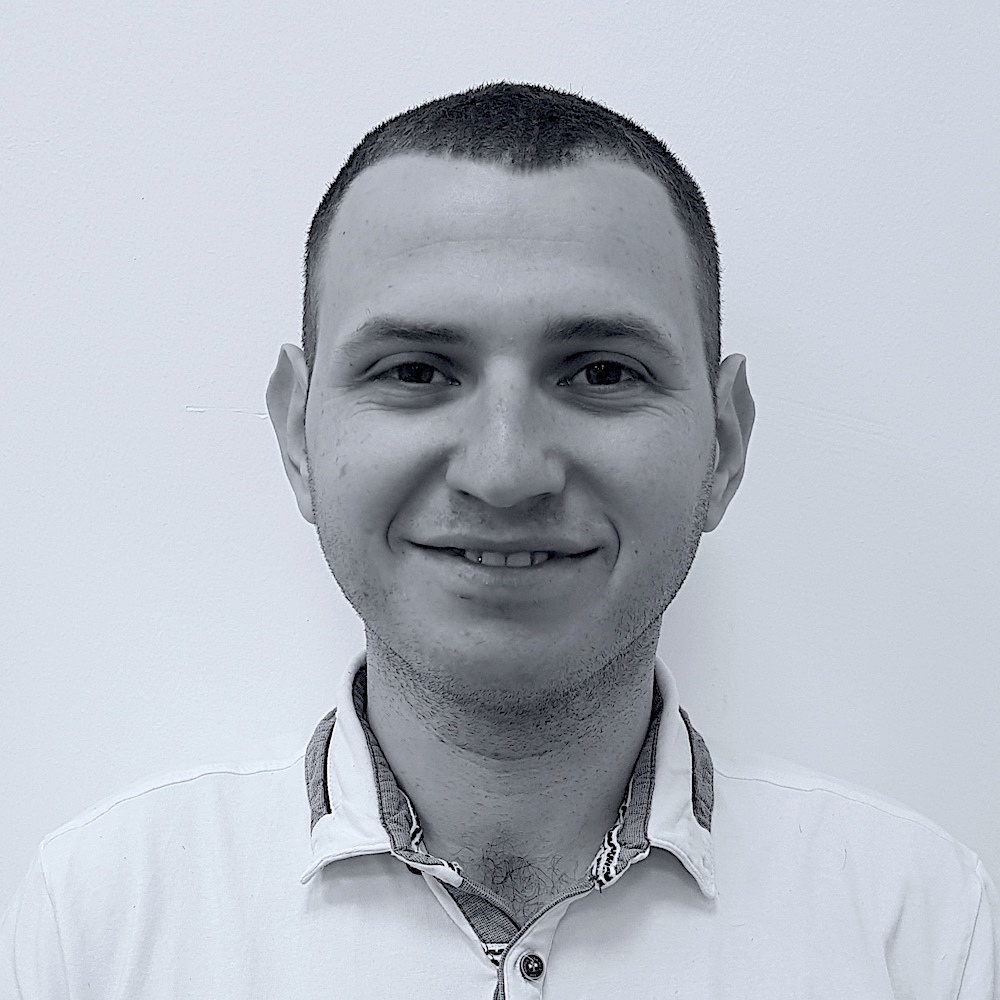Course Info
Deep learning is a powerful and relatively-new branch of machine learning. In recent years it has been successfully applied to some of the most challenging problems in the broad field of AI, such as recognizing objects in an image, converting speech to text or playing games. In many such tasks, the state of the art performance today is attained by deep-learning algorithms, in some cases surpassing human-level performance.
This course will focus on the theory and algorithms behind deep learning, as well as on hardware and software interfaces that allow efficient training of deep learning algorithms. It will provide both the necessary theoretical background and the hands-on experience required to be an effective deep learning practitioner, or to start on the path towards deep learning research.
Learning Outcomes
At the end of the course, the student will:
- Understand the key notions of deep learning, such as learning regimes, model types, optimization and training methodologies.
- Be able to apply deep learning algorithms to real-world data and problems.
- Know how to effectively use python and deep-learning frameworks to implement models and algorithms from the recent literature.
- Know how to leverage GPUs and write custom computational kernels to accelerate both training and inference.
- Perform a small research project using the studied notions and techniques.
Administration
Evaluation: 40% Homework assignments, 60% final project.
Language: The course will be taught in English.
Credits: 3.0.
Prerequisites:
- A good background of linear algebra, probability and calculus. See the supplemental material page if you need a refresher on one of these.
- Programming competency. The course will be very hands-on; much programming will be required. We will use Python exclusively, so it’s recommended to have experience with it.
- An introductory course about machine learning and/or signal/image processing.
Course Staff
Lecturers
TAs
Checkers
Literature
The course does not follow any specific book. For your own reference, the following material may be useful.
Detailed Syllabus
The course will be presented using a mixed approach of offline content (videos and lecture notes), in-class frontal learning, and hands-on homework assignments. The frontal lectures are meant to deepen understanding of the topics in the videos and provide useful context, techniques and applicative examples. The in-class tutorials and homework assignments are meant to teach you the technical aspects of implementing deep learning systems.
Students are expected to watch and read the pre-requisite material, available from the couse Lectures page before each class. Viewing and/or reading the pre-requisite material is mandatory.
| # | Date | Pre-requisite (video) |
Lecture (in-class; Alex, Avi, Chaim) |
Tutorial (in-class; Aviv) |
Homework |
|---|---|---|---|---|---|
| 1 | 24/10/2019 |
— | Course Introduction | Python, numpy, environment setup | |
| 2 | 31/10/2019 |
Lecture 2 | Introduction to hardware for Deep Learning | Supervised learning, PyTorch basics I | HW1 |
| 3 | 07/11/2019 |
Lecture 3 | CNN applications and architectures | MLP, PyTorch basics II | |
| 4 | 14/11/2019 |
Lecture 4 | Training techniques | CNNs, ResNets | |
| 5 | 21/11/2019 |
Lecture 5 | Sequence modeling, RNNs, TCNs | HW2 | |
| 6 | 28/11/2019 |
Lecture 6 | Attention and Transformers | ||
| 7 | 05/12/2019 |
— | Object detection I | Transfer learning and domain adaptation | |
| 8 | 12/12/2019 |
Lecture 7 | Object detection II | ||
| 9 | Sunday22/12/2019 |
— | Attention mechanisms | HW3 | |
| 10 | 26/12/2019 |
NO CLASS | |||
| 11 | 02/01/2020 |
Lecture 11 | Applications of graph NNs | Deep reinforcement learning | |
| 12 | 09/01/2020 |
— | DNN compression | HW4 | |
| 13 | 16/01/2020 |
Lecture 9 | Training hardware | Geometric deep learning | |
| 14 | 23/01/2020 |
Lecture 10 | Inference hardware | CUDA |








